Many of us desire to have beautiful and healthy skin, but we often forget that nutrition plays a significant role in the health of our skin. Alongside daily use of skincare products, especially routine use of moisturizers such as Tetros® ULTRA cream, make sure to reap the benefits of the important fruits discussed in this blog.
Fruits are a great contributor to healthy skin as they contain vitamins, antioxidants, and other substances that are important for our health.
Consuming fruits can help improve common skin issues such as dryness, acne, and inflammation and will also contribute to a radiant glow and overall skin health. So, including various fruits in your diet can be a simple and effective way to promote healthy, beautiful skin.
12 Fabulous Fruits for Skincare
Eating fruits is good for your skin because they contain many nutrients. But did you know that applying some fruits to your skin can also be beneficial?
Avocado: The Hydration Hero For Dry Skin
Avocado is a blessing for dry skin because of its high content of vitamins A, D, and E and omega-9 fatty acids, which can deeply moisturize the skin. Its antioxidants also protect the skin from oxidative damage.
How To Use
- Diet: Incorporate avocado into your diet by adding it to salads, sandwiches, or smoothies.
Topical Application: Mash an avocado and apply it as a face mask for 15-20 minutes before rinsing off. This will deliver the benefits of its antioxidants and essential oils directly to the skin.
Lemon: The Brightening Boost For Dull Skin
Lemon is rich in vitamin C, which is known for its antioxidant and skin-lightening properties. It can help fade dark spots, sun tan, even out skin tone, and enhance skin radiance.
How To Use
- Diet: Drinking lemon water first thing in the morning can help to detoxify your body and add a glow to your skin.
- Topical Application: Apply fresh lemon juice to dark spots or areas of uneven skin tone. Leave it on for 10 minutes. Then be sure to thoroughly cleanse the skin and use sunscreen afterward, as lemon may make your skin more photosensitive.
Papaya: The Exfoliator For Combination Skin
Papaya contains the enzyme papain, which can mildly exfoliate the skin, removing dead skin cells and unclogging pores. It’s excellent for balancing combination skin.
How To Use
- Diet: Enjoy papaya as a fruit salad or blend it into a smoothie.
- Topical Application: Mash papaya and apply it as a mask for 15 minutes to exfoliate and rejuvenate your skin.
Berries: The Antioxidant Powerhouse For Aging Skin
Berries, including blueberries, strawberries, and raspberries, are loaded with antioxidants that combat free radicals, reducing the signs of aging, such as under-eye wrinkles and fine lines.
How To Use
- Diet: Incorporate a variety of berries into your diet by eating them fresh in a fruit salad or with yogurt, frozen, or in smoothies.
- Topical Application: For a revitalizing antioxidant boost, create a berry mask by mashing a handful of your favorite berries and applying the mixture to your face.
Banana: The Soother For Sensitive Skin
Bananas are rich in potassium and vitamins E and C, which are gentle on sensitive skincare routines. They can help soothe irritation and reduce inflammation.
How To Use
- Diet: Bananas are a great snack on their own or added to oatmeal and smoothies.
- Topical Application: Mash a ripe banana and apply it as a face mask to calm and hydrate sensitive skin.
Watermelon: The Hydrator For Oily Skin
Watermelon is incredibly hydrating and low in sugar. It’s suitable for oily skin types as it balances oil production without clogging pores.
How To Use
- Diet: Enjoy watermelon slices as a refreshing snack, or add them to salads and smoothies.
- Topical Application: Rub a small piece of watermelon on your face for a quick, refreshing hydrator. The natural fruit acids can also help gently exfoliate and regulate oil production.
Revitalize, Replenish, And Renew With Tetros ULTRA-Intense Hydration For Skin That Speaks Volumes!
Kiwi: The Vitamin C Champion For Collagen Production
Kiwi is exceptionally rich in vitamin C, which is crucial for collagen production, helping to keep the skin firm and youthful. It also fights free radicals, that may help to reduce signs of skin aging, such as forehead wrinkles and fine lines.
How To Use
- Diet: Kiwis can be eaten alone or mixed into a smoothie or fruit salad.
- Topical Application: A kiwi mask can refresh the face, boost collagen, and reduce signs of aging, making it perfect for anti aging skin care routine. Simply mash a kiwi and apply it to the skin for 15-20 minutes before rinsing off.
Pomegranate: Antioxidant Power For Combating Skin Aging
Pomegranate is packed with antioxidants that can help protect the skin from the effects of free radicals and support skin regeneration to help improve the appearance of wrinkles, fine lines under the eye, and other signs of aging.
How To Use
- Diet: Consume pomegranate seeds or add them to a smoothie or salad.
- Topical Application: Use pomegranate juice as a toner or mix it with honey for a skin-conditioning face mask that also helps fight skin aging.
Pineapple: The Bromelain-rich Fruit For Exfoliation and Glow
Pineapple contains bromelain, an enzyme that acts as a natural exfoliant, helping to remove dead skin cells and brighten the skin, leading to a radiant glow.
How To Use
- Diet: Pineapple is great when eaten fresh or added to a smoothie.
- Topical Application: Mash pineapple and apply it to the face for 15-20 minutes to help exfoliate and brighten the skin. Its natural enzymes can also help reduce hyperpigmentation.
Grape: The Natural Solution for Acne-Prone Skin
Grapes are a treasure trove of compounds that are immensely beneficial for managing and treating acne. The presence of natural acids such as tartaric acid aids in the gentle exfoliation of the skin, ensuring it remains free from acne-causing bacteria. Additionally, grapes are rich in antioxidants like quercetin and resveratrol, which are known for their potent anti-inflammatory properties. These components work together to mitigate inflammation, thereby reducing the redness and irritation commonly associated with acne breakouts.
How To Use
- Diet: Fresh grapes are a great addition to your diet for healthy skin. Enjoy them as a snack, or add them to your meals.
- Topical Application: Crushed fresh grapes can be used as a natural remedy for acne. The grape mask, when applied to the skin, can help reduce inflammation and bacteria, resulting in healthier and clearer skin.
Mango: The Beta-Carotene Boost For Skin Repair
Mangoes are high in beta-carotene and vitamin A, vital for skin repair and maintenance. They can also help clear pores and improve skin texture.
How To Use
- Diet: Enjoy mango slices, or add them to your smoothie or yogurt.
- Topical Application: A mashed mango mask can nourish the skin, reduce dark spots on the skin, and improve overall health.
Grapefruit: The Citrus Detox For Clear Skin
Grapefruit is rich in antioxidants and vitamins A and C. These help to protect and repair the skin reduce oiliness, and diminish the appearance of pores, leading to clearer and brighter looking skin.
How To Use
- Diet: Incorporate grapefruit into your breakfast or as a snack.
- Topical Application: Grapefruit juice mixed with water can be used as a refreshing toner to help balance oil production and tighten pores.
Conclusion
Fruits are not just delicious and nutritious for your body; they can also be transformative for your fruits for skin health. By understanding which fruits are best for your skin type and incorporating them into your diet and your topical skincare routine, you can harness their natural power to achieve radiant, healthy skin. Remember, the journey to glowing skin combines proper nutrition, effective topical care, and consistency. Embrace the bounty of nature, and let your skin thrive.
Frequently Asked Questions
Are There Any Fruits I Should Avoid In Skincare If I Have Sensitive Skin?
If you have sensitive skin, avoid applying citrus fruits like lemon or lime directly to the skin; use fruits for skin health as they can not irritate some. Always do a patch test first. To do a patch test, apply a small amount of the substance to a discreet area of your skin, such as the inside of your wrist or behind the ear. Wait for at least 24 hours to observe any adverse reactions. Signs of irritation may include redness, itching, swelling, or burning. If any of these symptoms occur, it’s best to avoid using the substance on your skin.
Can Eating Fruits Reduce Dark Circles Under The Eyes?
Fruits that are rich in vitamin K, such as blueberries, can help to improve blood circulation and reduce the appearance of dark circles under the eyes.
How Quickly Can I See Results From Incorporating Fruits Into My Skincare Routine?
Results vary depending on skin type and condition. While fruits for skin health some may notice improvements in hydration and brightness relatively quickly, other changes, like reduced pigmentation or wrinkles, may take longer to manifest.

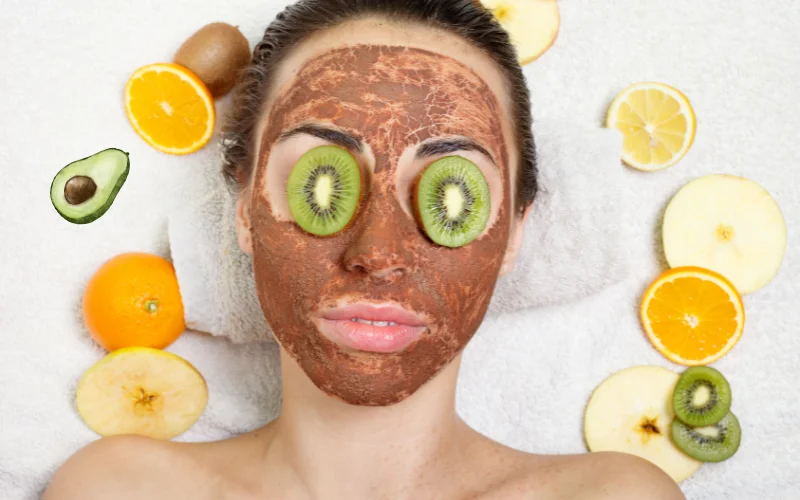
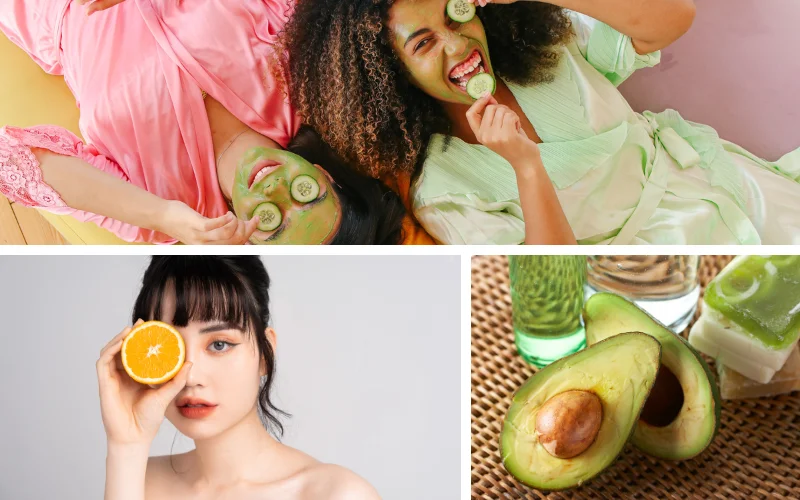
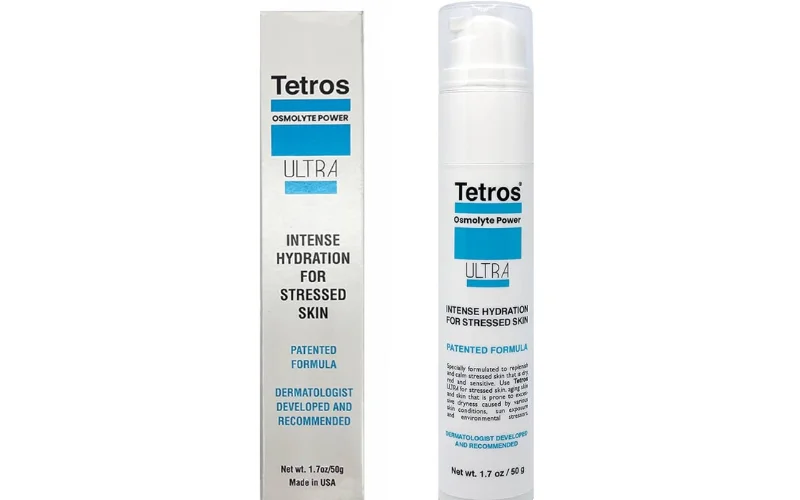
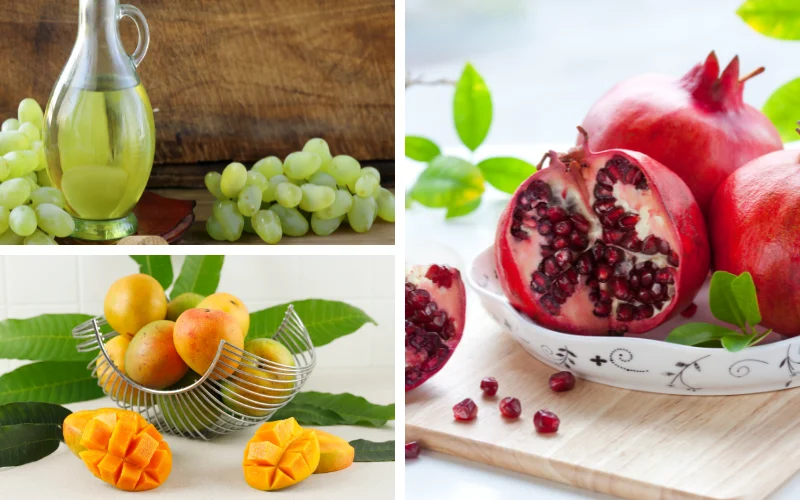




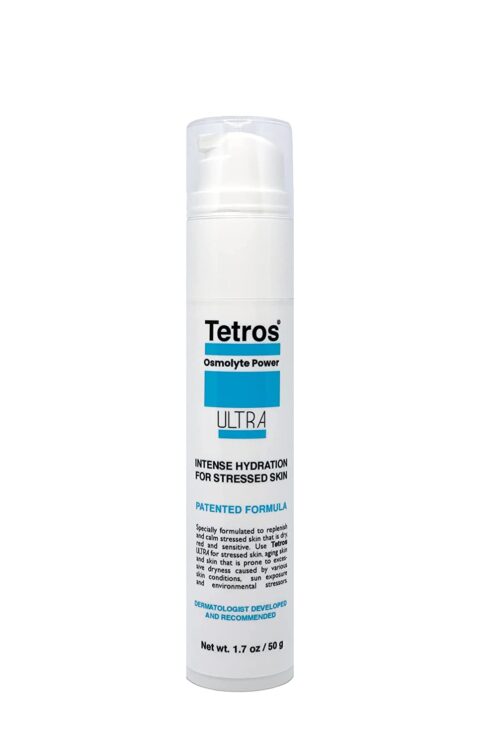


Leave A Comment